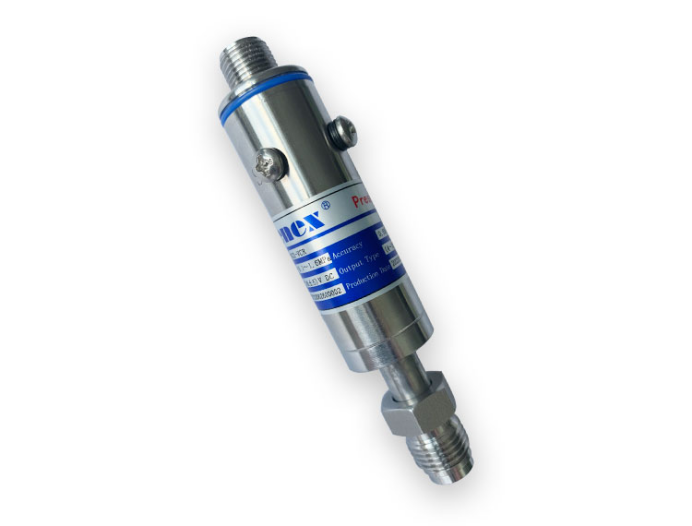Information collection is the basis of intelligent manufacturing, and sensors are an important way to collect manufacturing data. Without sensors, artificial intelligence will be “hard to cook without rice”, and intelligent manufacturing will also become a castle in the air.

In the industrial circle, people refer to sensors as “industrial handicrafts” or “electrical facial features”. This is because the sensor, as a detection device, can feel the information being measured. It is transformed into electrical signals or other required forms of information output according to certain rules to meet the requirements of information transmission, processing, storage, display, recording and control.
The emergence of sensors has given objects senses such as touch, taste and smell, making objects slowly become alive. In the automated production process, various sensors are needed to monitor and control various parameters, so that the equipment can work in a normal or optimal state, and the products can achieve the best quality.
Sensors are the underlying devices in the field of automation and the perception basis of intelligent manufacturing. From the perspective of the global industrial sensor market, life sciences&health, machining&manufacturing, automobiles, semiconductors&electronics, and industrial automation are its main application areas.After more than half a century of development, my country’s industrial sensors have made certain progress in systems, scale, product types, and basic technology research, basically meeting the needs of the rapid development of the national economy since the reform and opening up.According to MarketsandMarkets report data, the global industrial sensor market is expected to grow from $20.6 billion in 2021 to $31.9 billion in 2026, with a compound annual growth rate of 9.1%. Domestic manufacturers are struggling to catch up, and the localization process of industrial sensors is accelerating!
Post time: Sep-22-2022
